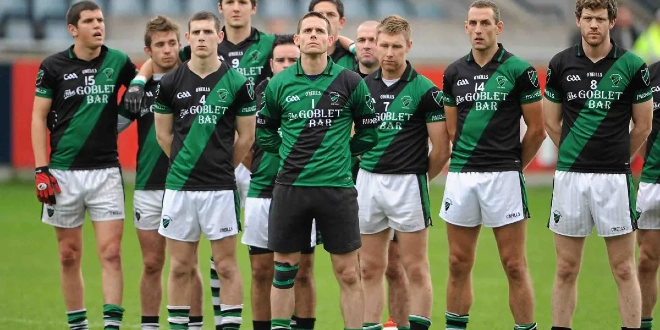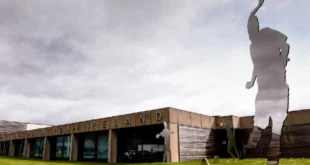One of Dublin’s most historic Gaelic Athletic Association clubs, Parnells, was officially liquidated earlier this year following a prolonged period of financial instability. Serving the communities of Coolock and Artane, the club had faced mounting financial pressures, including a court-ordered redundancy payout to 11 employees who were left without work at the onset of the COVID-19 pandemic.
Parnells once held a position of unusual financial strength among GAA clubs. In 2008, the club sold land near Dublin Airport for €22 million, placing it at the top of the wealth rankings among Ireland’s 1,610 GAA organisations. Despite this substantial windfall, the club’s financial position deteriorated dramatically over the next decade.
Spending Practices and Internal Disputes Contributed to Club’s Decline
An investigation broadcast on RTÉ’s Prime Time has highlighted the extent of the club’s financial and managerial issues. During a period in the 2010s when Parnells pursued its first Dublin Senior Football Championship title since 1988, it became known for aggressively recruiting high-profile players from counties outside of Dublin. This strategy, while aimed at achieving competitive success, coincided with questionable financial practices.
Confidential records from within the club, reviewed during the Prime Time segment, reveal generous payments made to select individuals. One inter-county player received close to €20,000 across 16 months, which included over €8,000 for coaching duties and more than €11,000 for travel and subsistence expenses. In another case, a coach was paid nearly €17,000 in allowances over a nine-month span.
Despite the influx of external talent, the club’s most decorated player remained homegrown. Stephen Cluxton, Dublin’s iconic goalkeeper and winner of nine All-Ireland titles, represented Parnells throughout his career. However, in a surprising move, Cluxton opted to regrade himself to the club’s second team around the time Dublin was emerging as a national powerhouse.
Although he rarely addresses the media, Cluxton did write to the club’s executive committee in September 2014 explaining his decision. In this letter, he voiced strong dissatisfaction with the club’s strategic direction. He expressed his opposition to the recruitment of players from other counties and the preferential treatment some received, including financial perks.
Cluxton further criticized the handling of a tax matter, describing it as mismanaged, and voiced his dismay over the club’s shift into debt despite its previous financial advantage. His remarks suggested deep frustration with both the governance and ethical standards within the organisation.
 The Daily Star Ireland
The Daily Star Ireland

